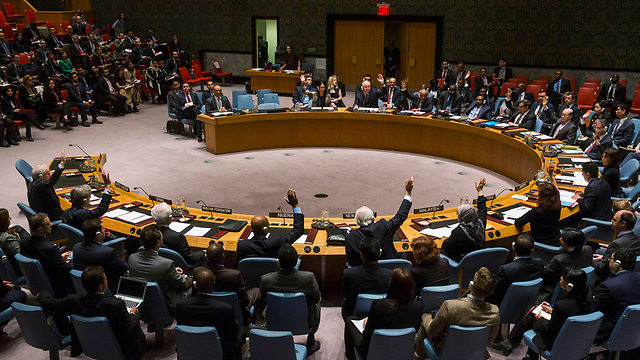
Al-Qaeda in Yemen's top cleric killed in US strike
Ibrahim al-Rubaish, a Saudi with $5m price on his head, was reportedly killed by a US drone in Yemen.
Yemen's al-Qaeda branch announced on Tuesday that its top cleric, a Saudi-national who has had a $5 million bounty on his head, has been killed, allegedly in a drone attack.
Al-Qaeda in the Arabian Peninsula (AQAP) said in a statement posted on Twitter that Ibrahim al-Rubaish was killed, along with other, unnamed members of the group, by a drone late Sunday. The statement did not specify the location of the drone attack. Yemeni and US officials had no immediate comment on the claim.
Al-Rubaish, believed to be in his late 30s, was released from Guantanamo Bay in 2006, after which he joined al-Qaeda in Yemen. He was considered the group's the main ideologue and theological adviser and his writings and sermons were prominent in its publications.
Last year, he hailed the seizure of large swaths of land in Iraq and Syria by al Qaeda's rival, the Islamic State group. "I ask God that efforts are united to target the enemies of the religion," he said in a video recording at the time.
If the drone attack is confirmed, it would be the first use of unmanned aircraft since Yemen sank further into turmoil last month, prompting a Saudi-led coalition to launch airstrikes on March 26 in an attempt to halt Yemen's Shiite rebels known as Houthis who have taken over much of the country.
The Houthi advance has also forced Yemen's Western-backed President Abed Rabbo Mansour Hadi to flee the country as his government crumbled.
US officials have said the collapse of Hadi's government could undermine Washington's counterterrorism strategy against al Qaeda's branch in Yemen, known as Al-Qaeda in the Arabian Peninsula. Washington considers the branch to be the most powerful in the terrorist network.
In late March, about 100 US military advisers withdrew from the al-Annad air base where they had been leading the US counterterrorism efforts in Yemen.
Washington rarely comments on drone attacks. US officials had been concerned their counterterrorism capabilities would be diminished because of the withdrawal of their staff. However, they said the al-Qaeda branch will likely be drawn toward the internal Yemeni conflict, and away from plotting to go after Western targets.
Al-Qaeda is a staunch rival of the Shiite rebels, and has already waged a number of attacks against their advances. US officials also said that CIA drone strikes would continue but that there will be fewer of them.
Meanwhile, the UN Security Council stepped up efforts to thwart a Houthi rebel takeover of Yemen, imposing an arms embargo on the leaders of the Shiite group, along with former President Ali Abdullah Saleh and his son.
Yemen, the Arab world's poorest country, has been pushed to the brink of collapse by ground fighting and Saudi-led airstrikes in support of current President Abed Rabbo Mansour Hadi, who was forced to flee to Saudi Arabia. Observers say the fighting in the strategic Mideast nation is taking on the appearance of a proxy war between Iran, the Shiite powerhouse backing the Houthis, and Sunni-dominated Saudi Arabia.
The Security Council resolution was approved in a 14-0 vote, with Russia abstaining. Moscow had insisted on an arms embargo on all parties to the conflict.
Iran proposed a peace plan for Yemen on Tuesday and called for an end to Saudi-led air strikes against Houthi rebels allied to Tehran, but the move was likely to draw a cool response from Riyadh.
The Associated Press and Reuters contributed to this report













